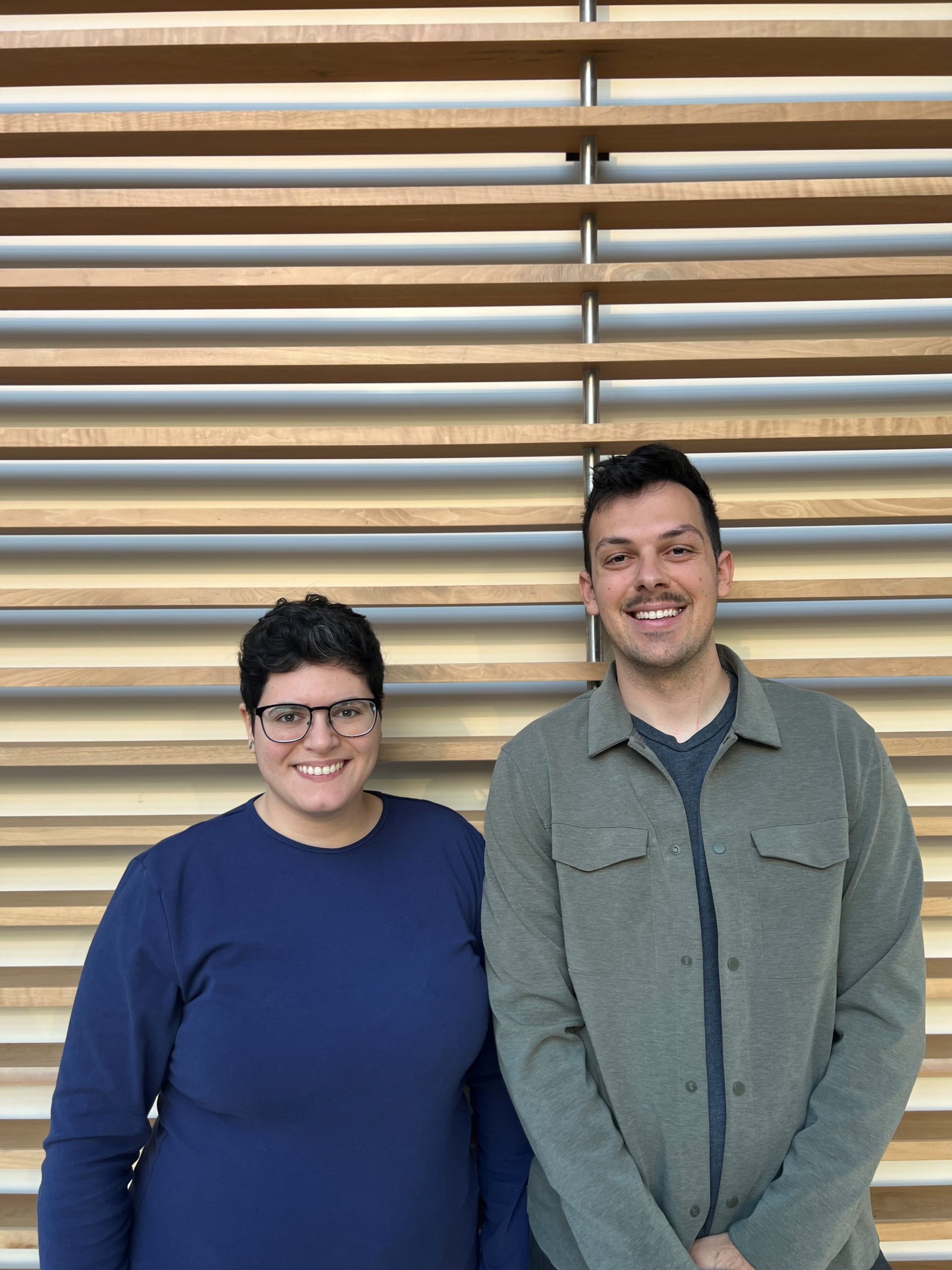Isabella’s research stems from a desire to learn more about the biological basis of narcolepsy, a sleep disorder characterized by excessive daytime sleepiness and “sleep attacks”. The cause of narcolepsy has previously been linked to a neuropeptide called orexin that is involved in keeping us awake. When orexin signalling is disrupted, either by altering orexin itself or its receptors, the result is narcoleptic behaviour. Model organisms provide researchers with a simplified system in which complex disorders can be studied. One such organisms widely used in genetic studies is Caenorhabditis elegans (C. elegans), a small, soil-dwelling nematode worm.
For upcoming interviews check out the Grad Chat webpage on Queen’s University School of Graduate Studies & Postdoctoral Affairs website – https://www.queensu.ca/grad-postdoc/research/share/grad-chat

Topic: The rold of women orchestral conductors, particularly within the Canadian context. Overview: Although in the early stages of my research, my current focus...

Two students in very different fields of research (Cancer Research and Biomedical Engineering) discuss the opportunities of being a part of the S2BN.

Topic: Disappearance narratives in contemporary global women’s literature. Overview: My research seeks to identify the social and political uses of disappearance narratives by post-war...